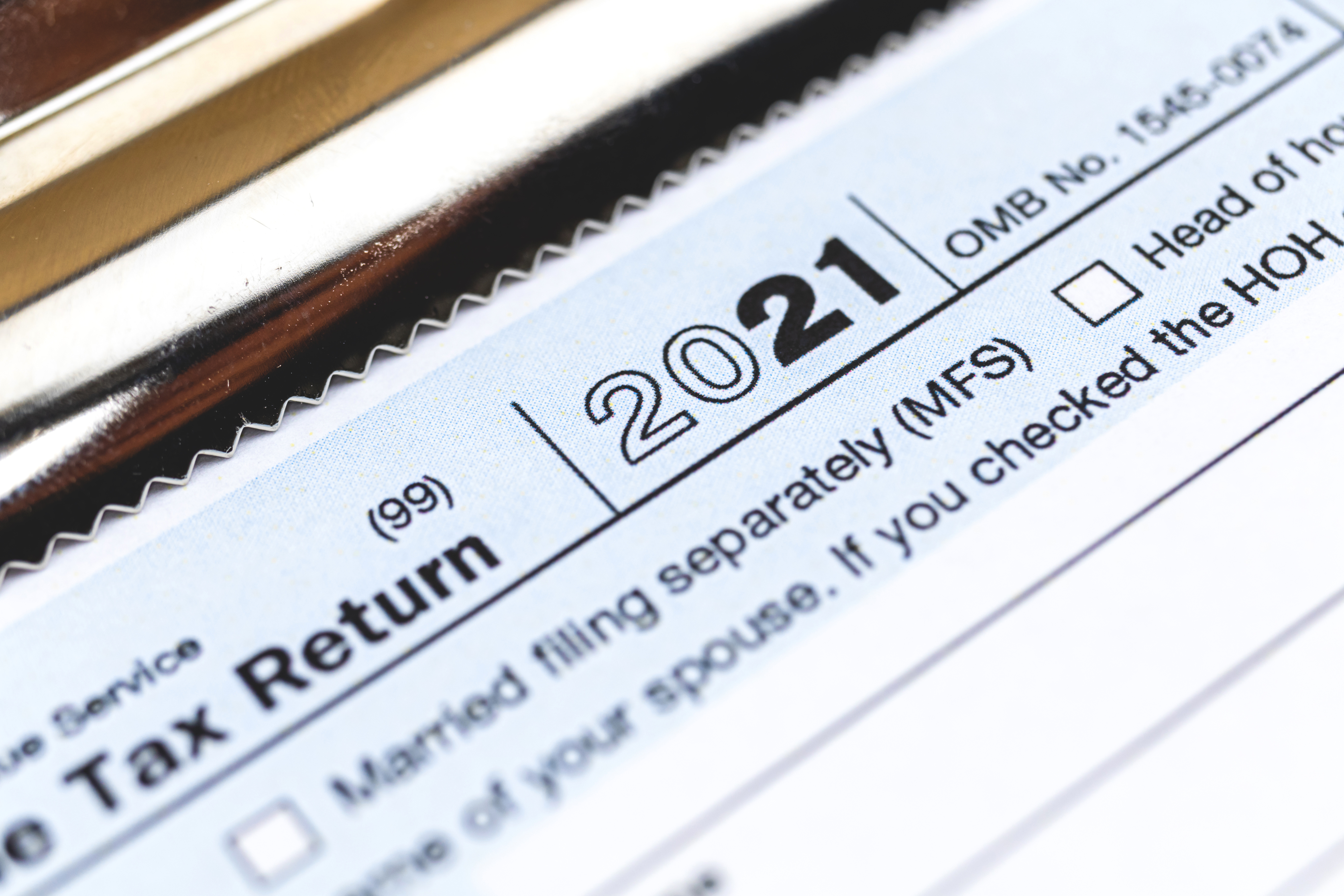Kerby Anderson
President Biden wants to raise taxes. His plan is to repeal and replace the Trump tax cuts, which not only will affect corporations but your income tax liability. So let me give you a brief history in order to put some of this into perspective.
After the Civil War, nearly all the taxes (including the nation’s first income tax) were repealed, and the federal government relied mostly on tariffs for revenues. This income was more than enough to run the government and generated significant surpluses. The problem is that tariffs are essentially a consumption tax that is regressive. The poor are adversely affected because they have to spend a higher percentage of their income on necessities than the wealthy.
This created political pressure to institute an income tax on the rich. President Grover Cleveland and the Democrat majorities in both houses of Congress passed an income tax that affected only the wealthiest one percent of Americans. The tax was attacked in the court because it represented a “direct tax” which the Constitution requires to be apportioned equally among the states according to population. This was not the case and led to the Supreme Court striking down the law.
After that decision, pressure grew to tax incomes of the largely untaxed rich. President William Howard Taft proposed a constitutional amendment to legalize a personal income tax, while also imposing a tax on corporate profits as a stopgap measure.
By 1913, the 16th Amendment was ratified. President Woodrow Wilson promptly passed a personal income tax. The corporate income tax was intended to be a stopgap but was left in place and often has been used by the rich to play one tax against the other.
When you look at the history of taxation in this country, you can see that the problem isn’t that Americans are under-taxed, but that government has overspent.
 Listen Online
Listen Online Watch Online
Watch Online Find a Station in Your Area
Find a Station in Your Area










 Listen Now
Listen Now Watch Online
Watch Online
